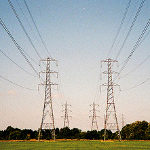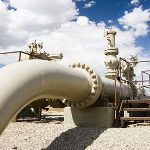Greening Affordable Housing and Saving Energy
 Nixon Peabody presents a free on-demand webinar covering the latest news from HUD with respect to “green” affordable housing development.
Nixon Peabody presents a free on-demand webinar covering the latest news from HUD with respect to “green” affordable housing development.
With sustainability issues continuing to emerge at the forefront of multifamily housing development, HUD is redoubling its efforts to ameliorate the 30% bite that energy takes out of its subsidy budget, the firm says on its website. How can sustainability efforts bring cost benefits that will outweigh the expense of implementation? Find out how you can capture opportunities for enhanced cash flow that you may be leaving on the table.
Topics will include:
- The latest news from HUD with respect to “green” affordable housing development
- How adding energy-saving measures to your project can be beneficial, and what these measures mean to you as an owner and to your housing portfolio
- How to execute a sustainable housing project through a case study example

 The Atlantic Council has produced a white paper focusing on the water-related issues impacting the United States’ ability to unleash domestic energy resources.
The Atlantic Council has produced a white paper focusing on the water-related issues impacting the United States’ ability to unleash domestic energy resources. The Center for Climate and Energy Solutions has posted a complimentary webinar designed to help utility managers address issues across the water-energy nexus.
The Center for Climate and Energy Solutions has posted a complimentary webinar designed to help utility managers address issues across the water-energy nexus. The Center for Resource Solutions has posted a free webinar that explains how existing renewable energy certificate (REC) tracking systems can be used as an integral part of state compliance for the EPA’s Clean Power Plan.
The Center for Resource Solutions has posted a free webinar that explains how existing renewable energy certificate (REC) tracking systems can be used as an integral part of state compliance for the EPA’s Clean Power Plan.


